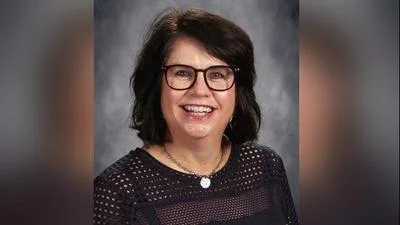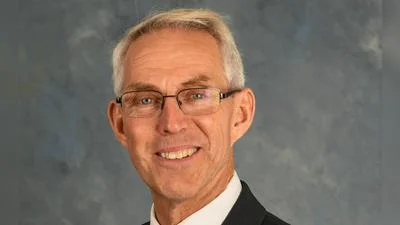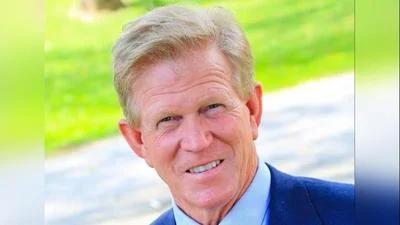Sen. Chapin Rose | Courtesy photo
Sen. Chapin Rose | Courtesy photo
State Sen. Chapin Rose (R-Decatur) recently joined his Republican colleagues at a press conference to urge the repeal of last year's SAFE-T Act and to promote their own criminal reform measures.
“We are here today to discuss the reintroduction of our crime package and I want to take a moment to step backward,” he said. “In October we stood out at the police officers memorial and introduced a package of bills designed to protect the citizens, the state, designed to equip, protect, train, help bring more police out on our streets, to provide mental health services within our county jails with the end goal of reducing this criminal plague, this scourge of violence that has hit the state of Illinois. That was in October and we did it right before the veto session. We said we're here, let's do this now let's take the violent criminals off our street let's take action.”
The end result was “nothing,” Chapin said. “Crickets.”
With Assembly back at work, Chapin said now is the time for action. “How many more people need to be shot?” he asked during the press conference. “How many more cars need to be hi-jacked? How many more people need to be murdered before the Democrats in this building do something?”
The Illinois Legislative Black Caucus, chief sponsors of the SAFE-T Act, released a statement rebutting Republican allegations. “As usual with the Republican Party, any effort to make the justice system fairer for Black people is called ‘dangerous,'" the statement read. “With this law, we have worked directly with community organizations, legal rights advocates, and law enforcement to make our justice system more effective and more just at the same time. That’s why the Illinois State Police and other law enforcement groups continue to work with us on this bill. Many provisions of the SAFE-T Act have not even gone into effect yet, proving that the Republican gambit is all for show. In fact, when fully implemented, experts say the SAFE-T Act will help improve public safety by supporting a more holistic approach for first-responders.”






 Alerts Sign-up
Alerts Sign-up